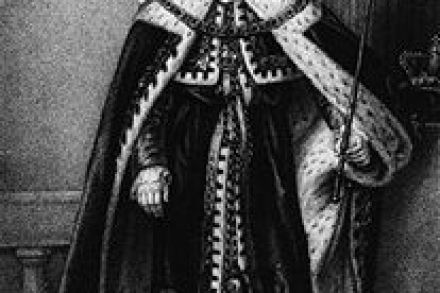The British constitution is in dire need of reform
The UK Conservative leader David Cameron says that any Prime Minister not ‘directly elected’ by the public should be forced to hold a general election within six months. He has in mind his Labour opponent Gordon Brown, who in June 2007 was catapulted into the position by a secret ballot in his own party, rather than by an open election of the people. And if, after the forthcoming general election on May 6, Labour chose to ditch Brown and catapult that gap-year kid…ah, yes, David Miliband…into the top job in order to stitch up a coalition deal with Nick Clegg’s Liberal Democrats, well, Cameron would give him only six months



















